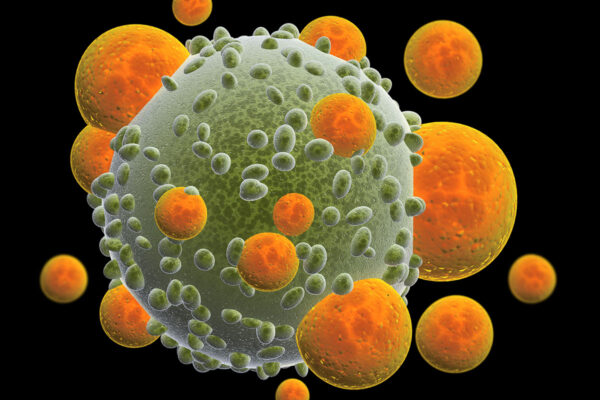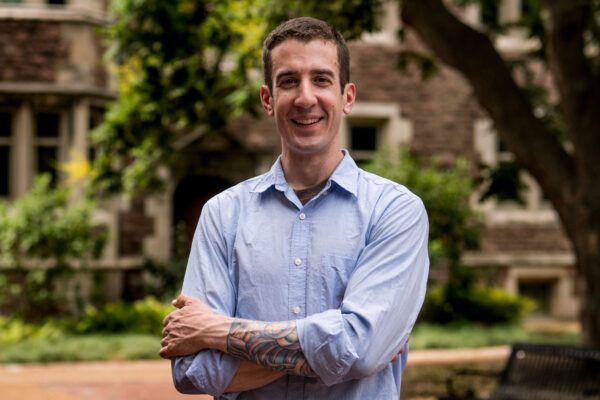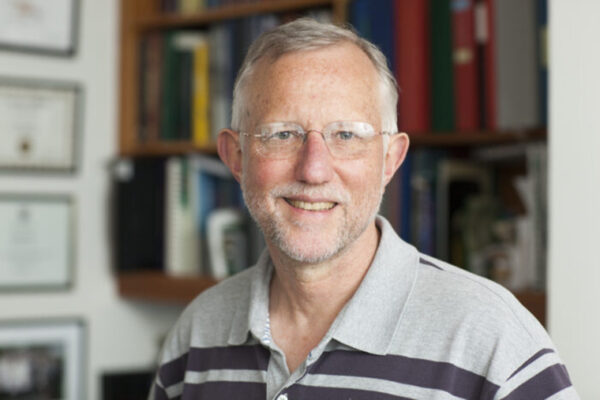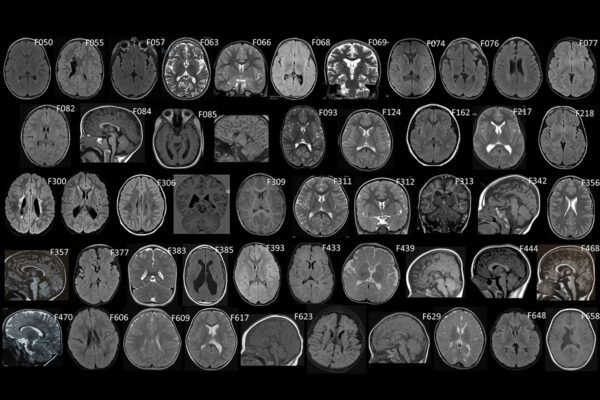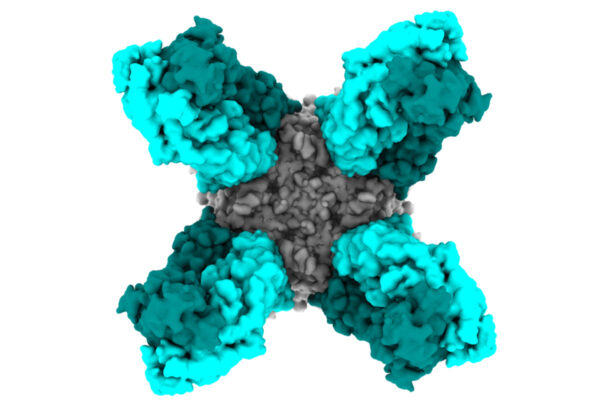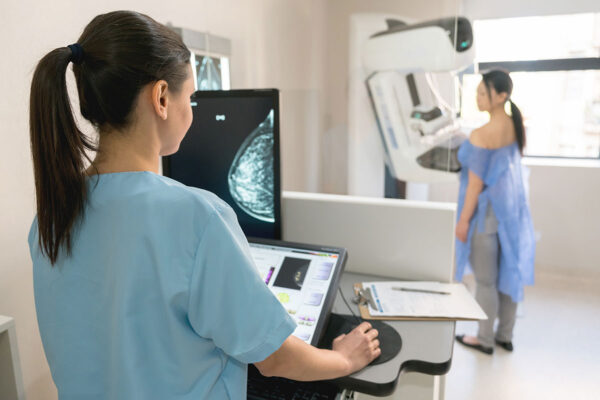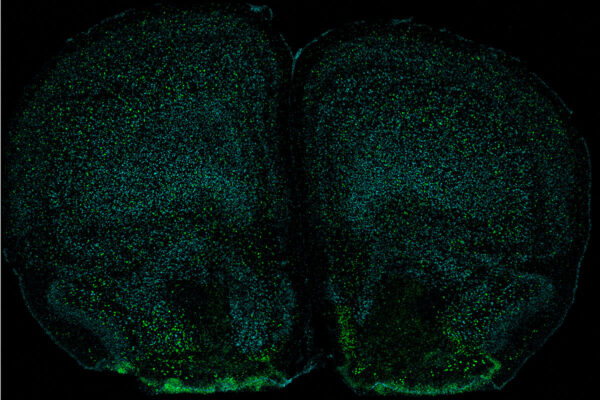Inequity and the path to change
Vetta Thompson, the E. Desmond Lee Professor of Racial and Ethnic Studies at the Brown School, discusses how partnership and sustained community efforts are key components in addressing the racism that contributes to disparities in disease, including COVID-19.
New discovery could help improve cancer vaccines
New research — co-led by Washington University School of Medicine — has identified the most important features of cancer cells’ protein fragments, which can help distinguish the tumor from healthy tissue, enabling researchers to design better immunotherapies, including vaccines.
Brain inflammation in Parkinson’s disease focus of $3.2 million grant
Researchers at Washington University School of Medicine have received a grant to study the role of brain inflammation in Parkinson’s disease. The project focuses on whether inflammation aids the spread of Parkinson’s damage throughout the brain.
Hengen awarded $1.8M to study sleep’s contribution to brain function
Keith Hengen, assistant professor of biology in Arts & Sciences at Washington University in St. Louis, received a three-year $1.8 million grant to study the role of sleep and waking behavior in shaping the brain’s neural dynamics. His research will help scientists understand how sleep contributes to healthy cognition and shed light on the mechanisms by which disrupted sleep worsens neurodegenerative and mental health disorders.
Nobel awarded to Charles Rice for hepatitis C discoveries at School of Medicine
The 2020 Nobel Prize in Physiology or Medicine was awarded Oct. 5 to three scientists for groundbreaking research that led to the discovery of the hepatitis C virus. One of those scientists — virologist Charles M. Rice — conducted his seminal work while on the faculty of Washington University School of Medicine.
Basis of developmental disabilities focus of $11.3 million in grants
School of Medicine researchers have received renewed National Institutes of Health (NIH) funding for the Intellectual and Developmental Disabilities Research Center. The center’s researchers study genetic and environmental factors that contribute to developmental disabilities.
Cerebral palsy also has genetic underpinnings
Researchers at Washington University School of Medicine in St. Louis and their colleagues at other institutions have identified mutations in single genes that can be responsible for at least some cases of cerebral palsy.
Antibodies protect against wide range of influenza B virus strains
Researchers have identified two antibodies that protect mice against lethal infections of influenza B virus. Together with an antibody that targets influenza A, the antibodies potentially could contribute to a drug to treat almost all flu cases.
Cancer centers to address pandemic’s impact on cancer prevention, treatment
A consortium of 17 U.S. cancer centers, including Siteman Cancer Center at Barnes-Jewish Hospital and Washington University School of Medicine, are working together to better understand the consequences of the COVID-19 pandemic in delaying cancer detection, care and prevention.
Immune system affects mind and body, study indicates
School of Medicine researchers have discovered that a molecule produced by the immune system acts on the brain to change the behavior of mice. The findings help illuminate a surprising mind-body connection.
Older Stories

